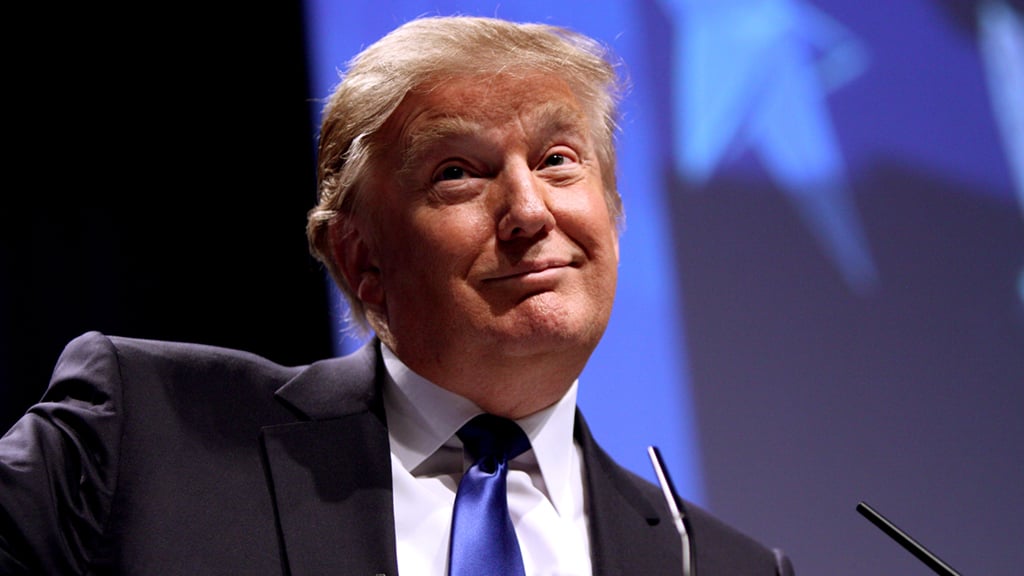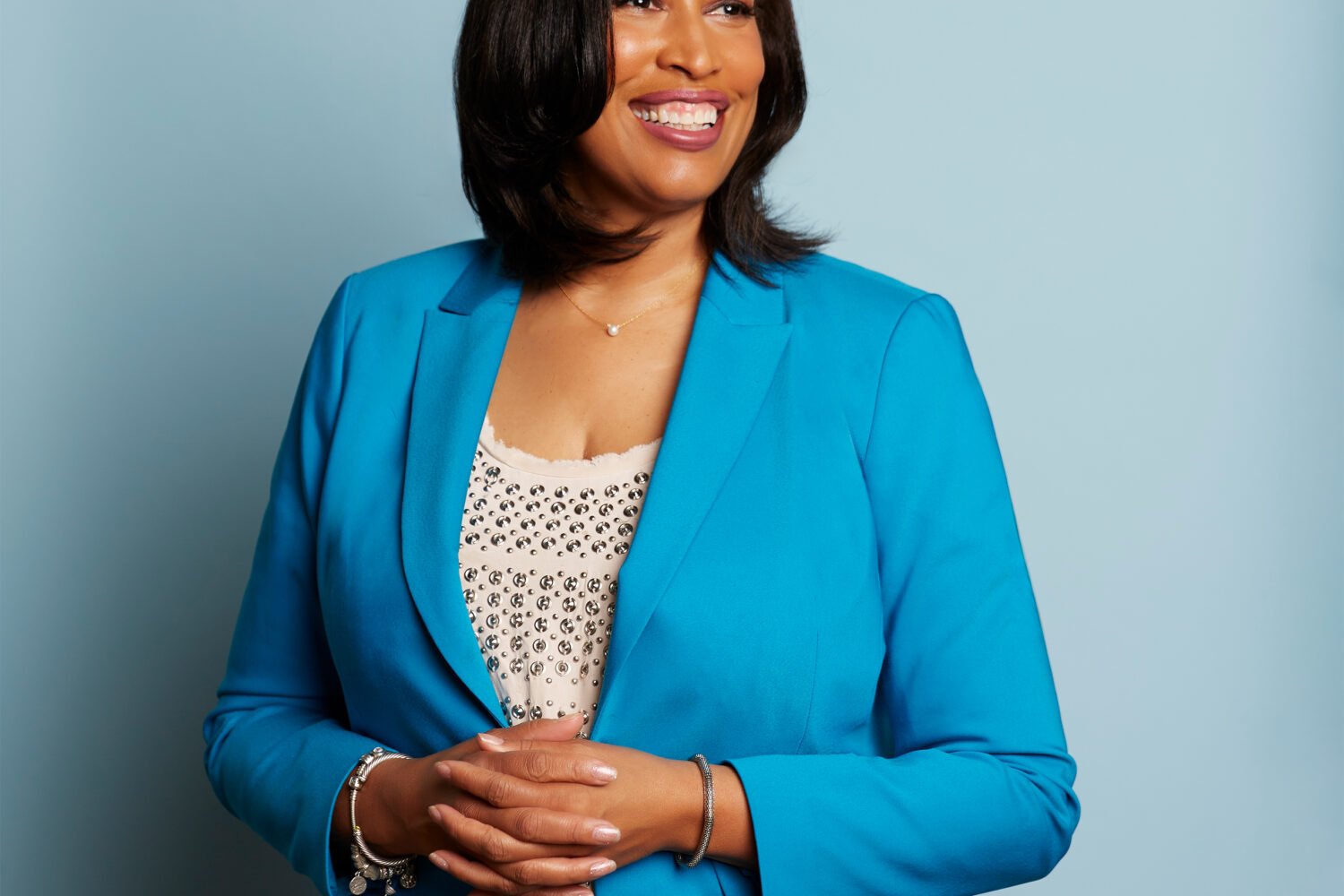Two recent articles in the New York Times seem to signal a subtle shift in how the news organization refers to Donald Trump‘s wealth. One was published Monday: In an article about Trump’s lack of outreach to African-American voters, Jonathan Martin and Yamiche Alcindor write that “the 70-year-old white self-described billionaire has not just walled himself off from African-American voters where they live.”
Then there was an August 8 story by Nicholas Confessore that uses the same construction: “Aides and fund-raisers for Mr. Trump, a self-described billionaire who has spent months proclaiming his independence from the party’s traditional financial interests, now concede that they need mainline Republican donors to swing behind Mr. Trump so that he will have enough financial firepower to compete with Mrs. Clinton in the air and on the ground.”
(Bolded text is not in original.)
The phrasing is defensible: Trump’s actual wealth is unsettled in the public record. Trump has claimed his net worth “is in excess of TEN BILLION DOLLARS.” (Capital letters in the original.) Fortune estimated in May that he was in fact worth about $3.9 billion.
In December 2007, Trump was deposed for a lawsuit he initiated against Timothy O’Brien, who had written a book about him. During the questioning, lawyers asked him why, even though he’d told O’Brien he was worth around $6 billion, documents they’d found seemed to suggest a lower figure was in order. “My net worth fluctuates, and it goes up and down with markets and with attitudes and with feelings, even my own feelings,” Trump replied.
As recently as late July the Times was calling Trump by his preferred descriptor: “Republicans defied their powerful Washington leadership to choose Donald J. Trump, a billionaire developer who has never held political office,” Declan Walsh wrote in a piece that described the Democrats’ convention as if it were viewed from abroad.
The language in more recent stories doesn’t reflect any institutional imperatives, however. “We don’t have a strict rule on this,” Philip B. Corbett, the Times‘s associate managing editor for standards, tells Washingtonian in an email. “In many cases, it may make sense to avoid those specific descriptions altogether. But if we do use a description, it never hurts to remain cautious, even skeptical, about information that can’t be independently corroborated.”


















